Fieldwork Amidst Uncertainties
Author: Sumana Banerjee
After a long hiatus in conducting fieldwork owing to the challenges presented by COVID-19, the team at Jadavpur University could finally embark on field visits in January 2021 and March 2021. In this blog, I share my reflections from the two field visits to the Indian Sundarban delta.
Planning then and now – In a pre-2020 world, fieldwork plans included listing equipment, chalking out interview schedules, checking tide timings, liaising with boat crew beforehand. In January 2021, when we started planning the fieldwork, one of the first things we did was to check availability of separate cabins for each member. We had to factor in sleeping arrangements in separate cabins of the boat. Earlier, sharing rooms among project members to save costs was a regular norm but this time, we had to think otherwise as sharing a space as small as a boat’s cabin could increase risks. We did our best to pack all sanitising essentials and used them at regular intervals and being on the boat meant we were getting ample fresh air.
New challenges - Earlier, if a project member caught a cold before or during fieldwork, it was the least of our worries. In January, we were presented with a challenge, when a member caught a cold just a day before the scheduled fieldwork. This meant we had to carry on without them since all other arrangements had been made. Fieldwork is always planned with the resources, and with one human resource less, we were potentially facing more work for the rest of us and less expertise. Thankfully, we were blessed by the time and expertise of an ex-researcher of our school which enabled us to carry on as planned. It turned out later, it was a case of common cold and our member was fine.
Physical fieldwork seemed easy – The fieldwork in January 2021 was a scoping visit to determine sites for deploying the mini-buoys. This meant we could take our maps, GPS, and travel along the sites to look for the best possible ones. This did not require us to interact with villagers. This made me feel that conducting a physical fieldwork was now simpler than conducting a social one. In earlier times, we could have tried talking to people around some of these sites to sharpen our understanding, but this time we had to limit ourselves with our personal observations and trying to learn from the boat crew about these sites.
Trusted contacts for social fieldwork – Earlier, we would always be keen to strike up conversations with strangers, try learning from them, and building a relationship. For our fieldwork in March 2021, we relied mostly on our trusted contacts and let them guide us. In fact, this fieldwork happened because our trusted contacts kindly gave us their time for interviews. For any interactions, we tried limiting ourselves to our known people. However, we were welcoming if anyone else wanted to come and talk to us. Relying on trusted contacts was also critical given the approach of the elections.
COVID and ODA cuts – After a year of experience with challenges presented by COVID, most of us are now used to working differently. Just when we started feeling confident manoeuvring through the COVID precautions and fieldwork, we were presented with the unfortunate news of the ODA cuts the night before we left for fieldwork.
With the limited information we had, and limited internet connectivity, our anxieties were soaring. We could also not attend the Q&A drop-in organised by the Central Management Team of the Hub. This resulted in us dwelling every now and then upon the uncertainties. Our anxieties included if at all we are allowed to carry out this fieldwork, how long till we start looking for new jobs, what will be the outcome of the data collection we envisaged to do during this trip, who will be funding this trip etc. Villagers started coming to us when we were measuring the water quality of ponds in the Bali Island of the delta and we were sharing the basics with them whether the water is saline or not, whether the level of dissolved oxygen in the water is good for the fishes. It was then that I was battling an anxiety within myself. This anxiety was stemming from an uncertain future riddled with longer-term impacts of the ODA cuts where the people of the delta expect us to go back with more information but we are not allowed to turn up owing to this counter-productive decision. Even if we do turn up with other funding at a future date, our work here will remain unfinished and we would then be perceived as a group who come in to the delta and do random things without providing any concrete feedback. That scared me since either of these pathways would cause an irreparable damage to the years of trust building.
To conclude my reflections, on a pragmatic note, I cannot hope for a future devoid of uncertainties but certainly hope for uncertainties which can be managed and not ones which can shatter, ones which can teach us to grow and not ones which restrict us, ones which make us come together and not ones which cause us to drift apart.


